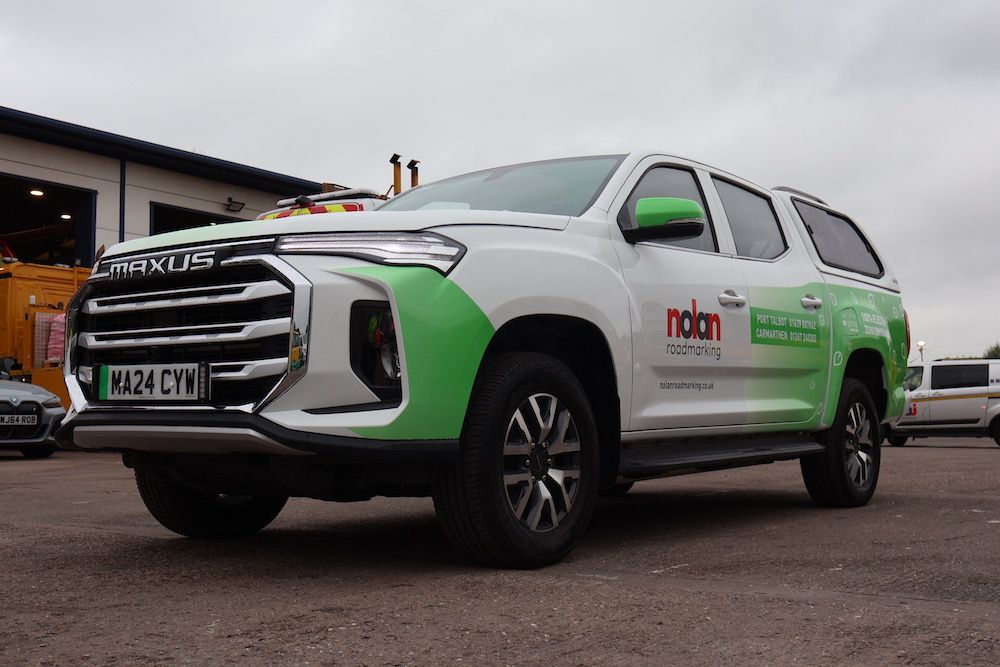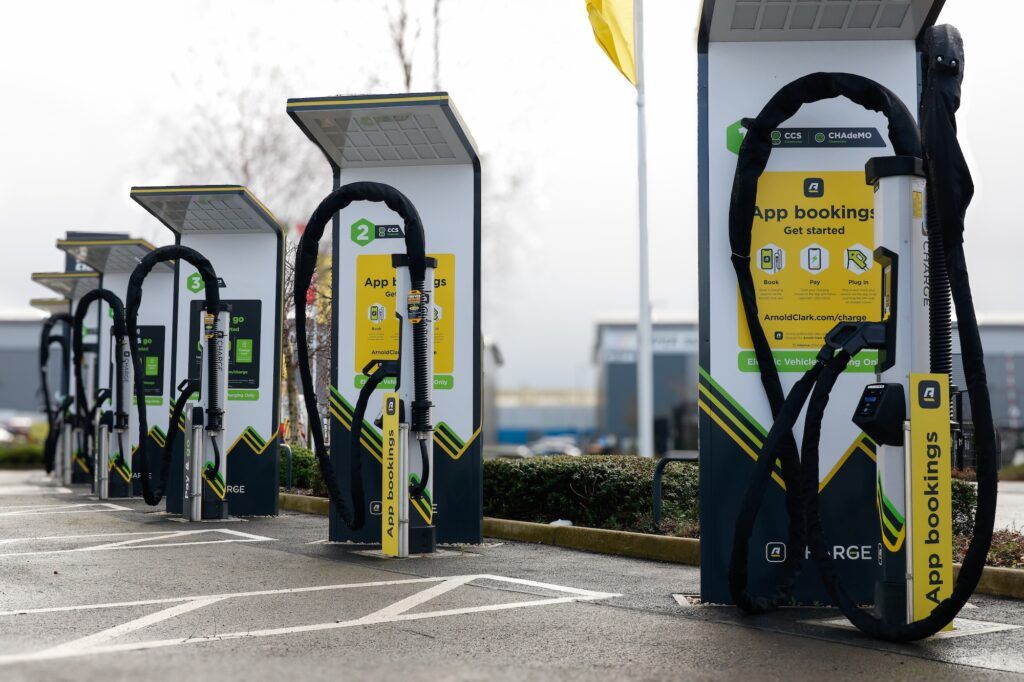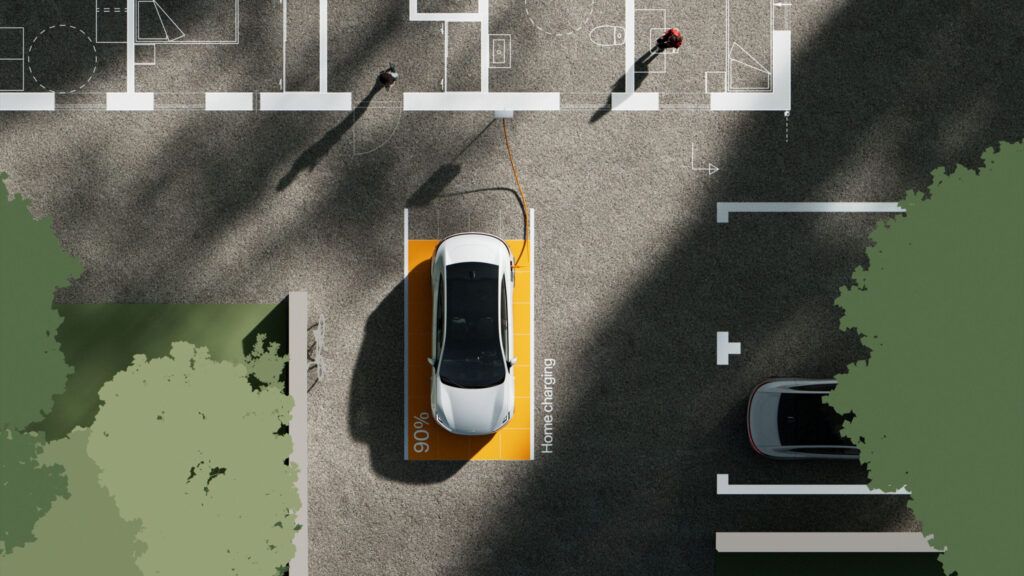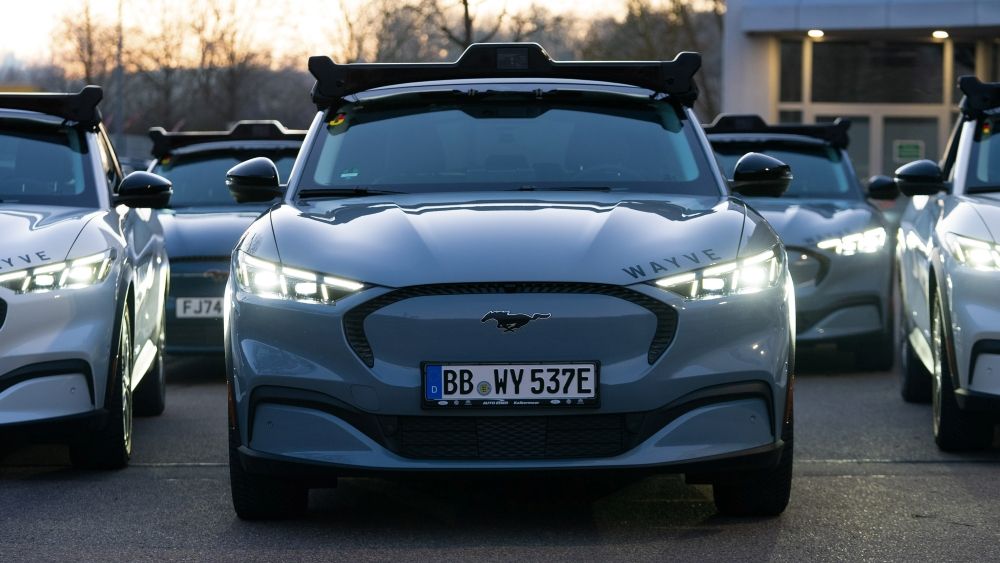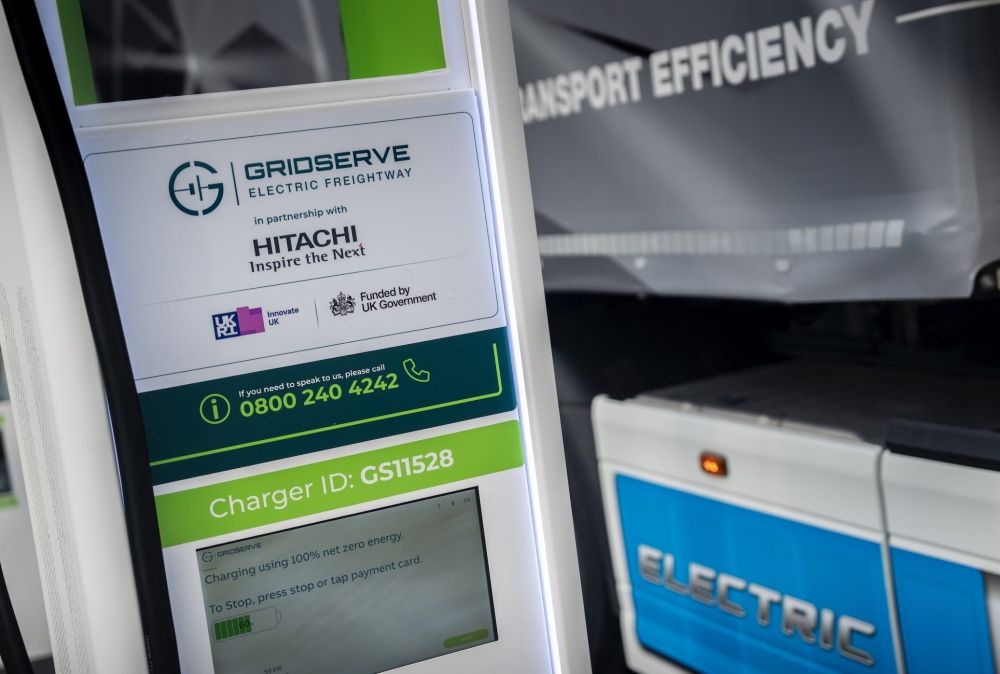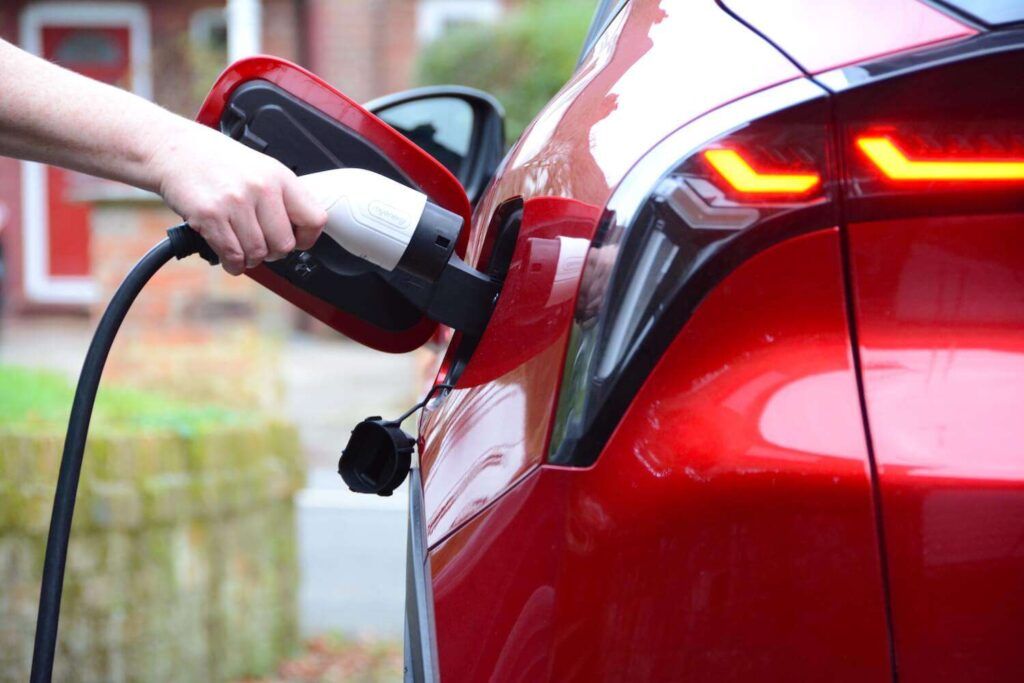Highways and construction firm WJ Group has reduced its carbon emissions by an estimated 134tCO2e – equivalent to 52,746 litres of diesel – through the electrification of its fleet.
The sustainability figure, which comprises a three year period, comes as the company has also seen a reduction in operational costs through adoption on EVs. In addition, there has been a boost to employee confidence through the usage of EVs, it reported.
This milestone is also part of WJ’s ongoing commitment to its goal to become net zero in Scope 1 & 2 emissions by 2032, which has recently been verified by the Science Based Targets initiative.
WJ Group has been able to streamline its fleet electrification process and remove key barriers by working with EV charging payment firm Rightcharge. It now uses a single card to pay with company funds at more than 70% of UK-based public charging points.
Valuable insights into their fleet’s carbon emissions, charging costs, and overall charging behaviour have also been provided by Rightcharge’s dashboard, including details about energy sources and carbon intensity.
These reports have been “instrumental” in tracking the company’s progress toward carbon reduction goals, especially when it comes to Scope 1 emissions reporting, it said.
Additionally, Rightcharge automatically reimburses WJ’s drivers for all home charging by sending payments directly to their domestic energy accounts. Through its reimbursement system, the company has been able to take advantage of lower domestic charging rates. This resulted in a reduction of EV charging costs, and alleviated pressure on workplace charging infrastructure.
The new system has also “significantly increased” employee confidence in EV adoption and provided “the clarity and confidence needed” to progress to a 100% EV fleet, which is currently at 57% PHEV and 43% electric across 70 vehicles.
Paul Aldridge, WJ Group Sustainability Director, said:
“Electrifying our company car fleet is a key part of our net zero strategy. In 2023, during the early stages of our transition, we reduced emissions by 19 tCO2e. At our current rate of transition, this now equates to an estimated 134 tCO2e.
“By enabling employees to charge their vehicles at home, primarily overnight, it helps us support a greener energy mix, as renewable sources are more likely to be utilised by energy operators during this period. This also ensures they start each day with a full charge, reducing reliance on potentially more costly, fossil fuel-based electricity from within depots or public charging stations.”
Charlie Cook, CEO of Rightcharge, said:
“We’re really proud to support WJ in the electrification of their fleet. By removing the barriers to EV charging and simplifying payments for both home and public charging, it’s great to be able to help impressive businesses like WJ accelerate their transition to cleaner transport.
“It’s inspiring to see the environmental and operational impact this has delivered and we’re excited to be part of WJ’s ongoing journey toward Net Zero”
Image courtesy of WJ Group
The news comes as Transport + Energy launches its inaugural Fleet Electrification Forum on 9 July at Warwick Conferences. Find out more about the event and speakers here.




